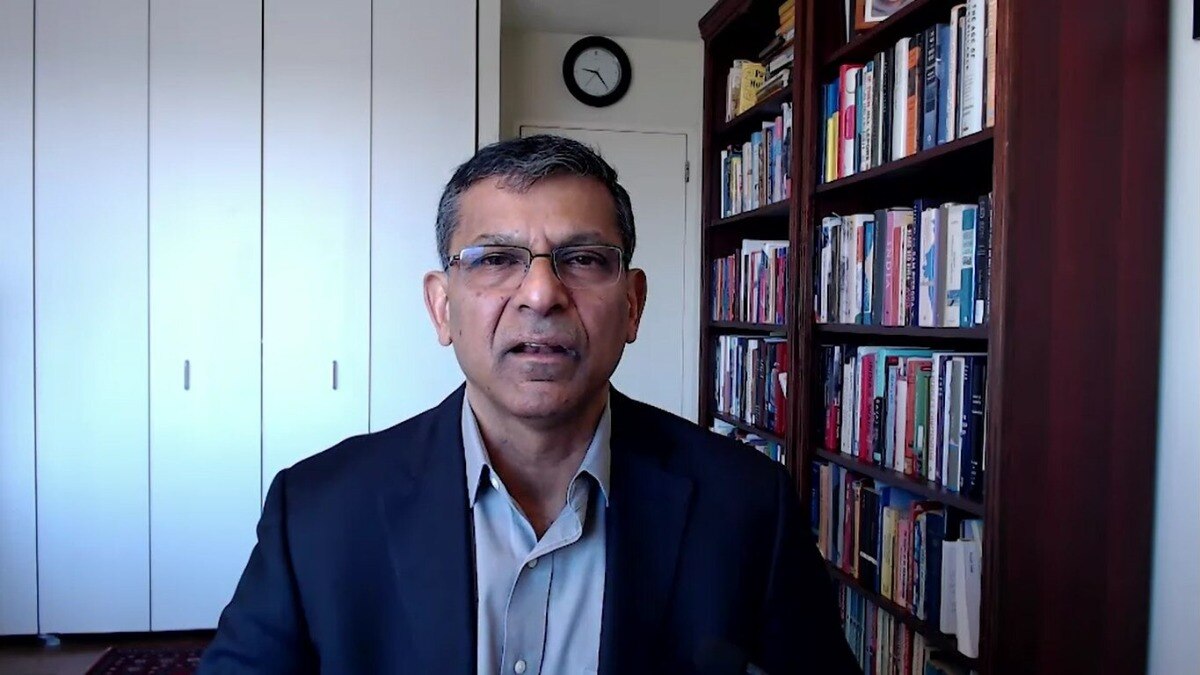Former Reserve Bank of India (RBI) Governor Raghuram Rajan on Tuesday highlighted the necessity for the Indian government to exercise better control over its tax authorities to boost business prospects. He asserted that unexpected tax demands can disrupt business operations and urged the government to address these concerns promptly. “Stop having tax demands on business people which come out of the blue, which vitiate all their operations for many years. I mean, have some control,” Rajan stated in an exclusive interview with India Today.
Rajan further emphasised the importance of maintaining a level playing field in rules and regulations. He cautioned against creating regulations that favour Indian national champions at the expense of foreign investors. “Similarly, I think the level playing field on rules and regulations, you can’t suddenly invent a regulation to benefit Indian national champions, even while, you know, hurting foreign investors who’ve come in,” he added. This approach, he suggested, would ensure a more transparent and equitable business environment, crucial for fostering both domestic and international investments.
Commenting on the current state of the Indian economy, Rajan noted that while India’s growth rate is commendable, more is needed to achieve the vision of ‘Viksit Bharat’ by 2027. “India’s growth is good, but we need more…we need 8%-9% growth to become Viksit Bharat by 2027 because we are a relatively poor nation,” he remarked. This ambitious target requires concerted efforts in policy-making and infrastructure development to sustain such high growth levels.
India’s GDP growth figures have been impressive despite global economic challenges. The economy grew by 7.4% in the fourth quarter of FY25 and recorded a 6.5% growth for the entire fiscal year. These numbers are notable compared to most major economies worldwide. Rajan acknowledged this achievement but warned that complacency could hinder progress. “This could be India’s moment, but we have to seize it,” Rajan said. He stressed the importance of strategic initiatives to unlock investments and expand the consumption base, which are vital for long-term economic resilience.
However, Rajan cautioned against potential global uncertainties that could impact India’s economic momentum. He pointed to rising global tensions, such as potential US tariff changes, that might deter investment. “Some slowing is on the cards,” he noted, indicating the need for strategic economic planning. These external factors necessitate a robust domestic policy framework to mitigate risks and sustain growth.
Despite these challenges, there are emerging positives for the Indian economy. A favourable monsoon outlook and signs of a rural demand revival are expected to support agricultural output and reduce inequality. “That’s a positive,” Rajan affirmed, as these factors could contribute to sustained economic growth. Such developments could play a significant role in balancing urban-rural economic dynamics and enhancing overall economic stability.
Official projections align with Rajan’s insights, as the Reserve Bank of India and the Ministry of Finance both anticipate a 6.5% GDP growth for the fiscal year 2024-25. This projection reflects a cautious optimism amidst ongoing external challenges. The government’s focus on unlocking investment and expanding the consumption base will be crucial in maintaining this trajectory. Additionally, efforts to streamline regulations and improve the ease of doing business are expected to bolster investor confidence and drive economic expansion.







